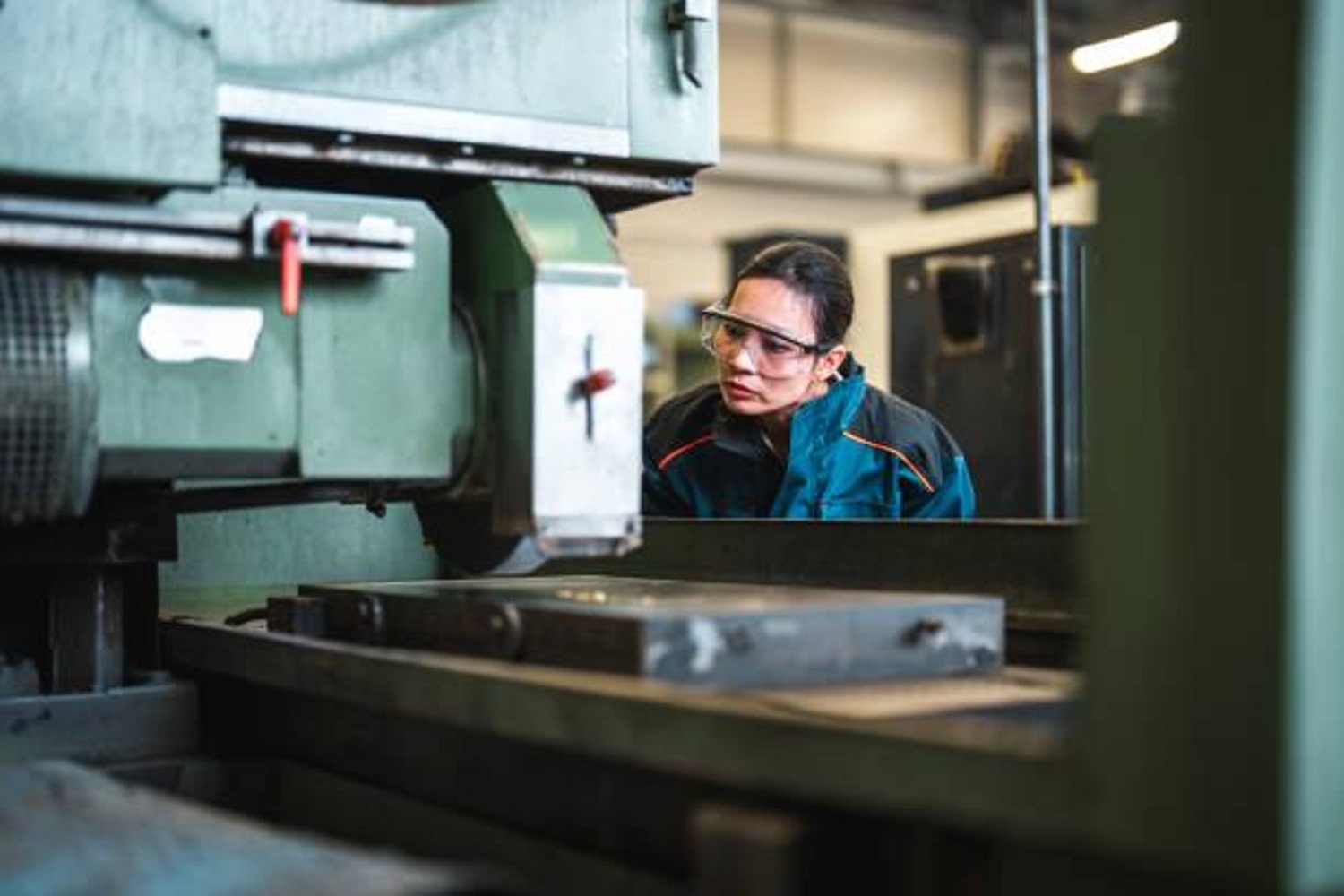
In today’s competitive manufacturing landscape, precision, speed, and reliability are not optional—they’re essential. This is where CNC machining services play a pivotal role. Short for Computer Numerical Control, CNC machining uses automated tools guided by pre-programmed software to create components with exceptional accuracy and repeatability. It’s a backbone technology for industries ranging from aerospace to medical devices.
Why Precision Matters More Than Ever
In sectors where tolerance for error is razor-thin, such as defence or medical manufacturing, even the smallest deviation can lead to failure. CNC machining delivers unmatched precision, often within microns, thanks to its advanced software and high-performance machinery. This level of accuracy simply cannot be achieved manually, particularly when mass production is involved.
Versatility Across Materials and Industries
One of CNC machining’s standout advantages is its ability to work with a broad range of materials. From metals like aluminium, titanium, and stainless steel to plastics and composites, it provides manufacturers with unmatched flexibility. Whether it’s rapid prototyping or final production, CNC can deliver parts to meet specific mechanical, thermal, or chemical properties.
Repeatability That Scales with Demand
Traditional machining can vary depending on the operator, but CNC machining removes that human variability. Once a design is programmed, the machine can replicate it endlessly without deviation. This consistency is especially beneficial for industries that rely on uniformity—such as automotive, electronics, and industrial equipment manufacturing.
Reduced Waste and Optimised Efficiency
With materials becoming more expensive and sustainability a growing priority, minimising waste has become essential. CNC machining maximises material usage through precise cutting paths and smart nesting strategies. It also reduces rework and scrappage, contributing to leaner, more cost-efficient operations.
Design Complexity Made Simple
CNC router can create parts that would be difficult, or outright impossible, to produce manually. With 5-axis machining and live tooling, complex geometries, undercuts, and multi-sided parts can be created in fewer setups and with tighter tolerances. This opens the door to design innovation without compromising on manufacturability.
Integrated with Digital Manufacturing Workflows
CNC machining fits seamlessly into modern, data-driven workflows. From CAD integration to digital twin simulations, it supports advanced planning, monitoring, and quality assurance techniques. Manufacturers can reduce lead times, enhance traceability, and accelerate time-to-market by embracing these smart technologies.
Whether you’re building a jet engine component or a consumer product prototype, CNC machining services offer the precision, scalability, and adaptability needed in today’s manufacturing environment. As the industry continues to shift towards automation and intelligent production, CNC remains a vital tool for businesses looking to stay ahead.
